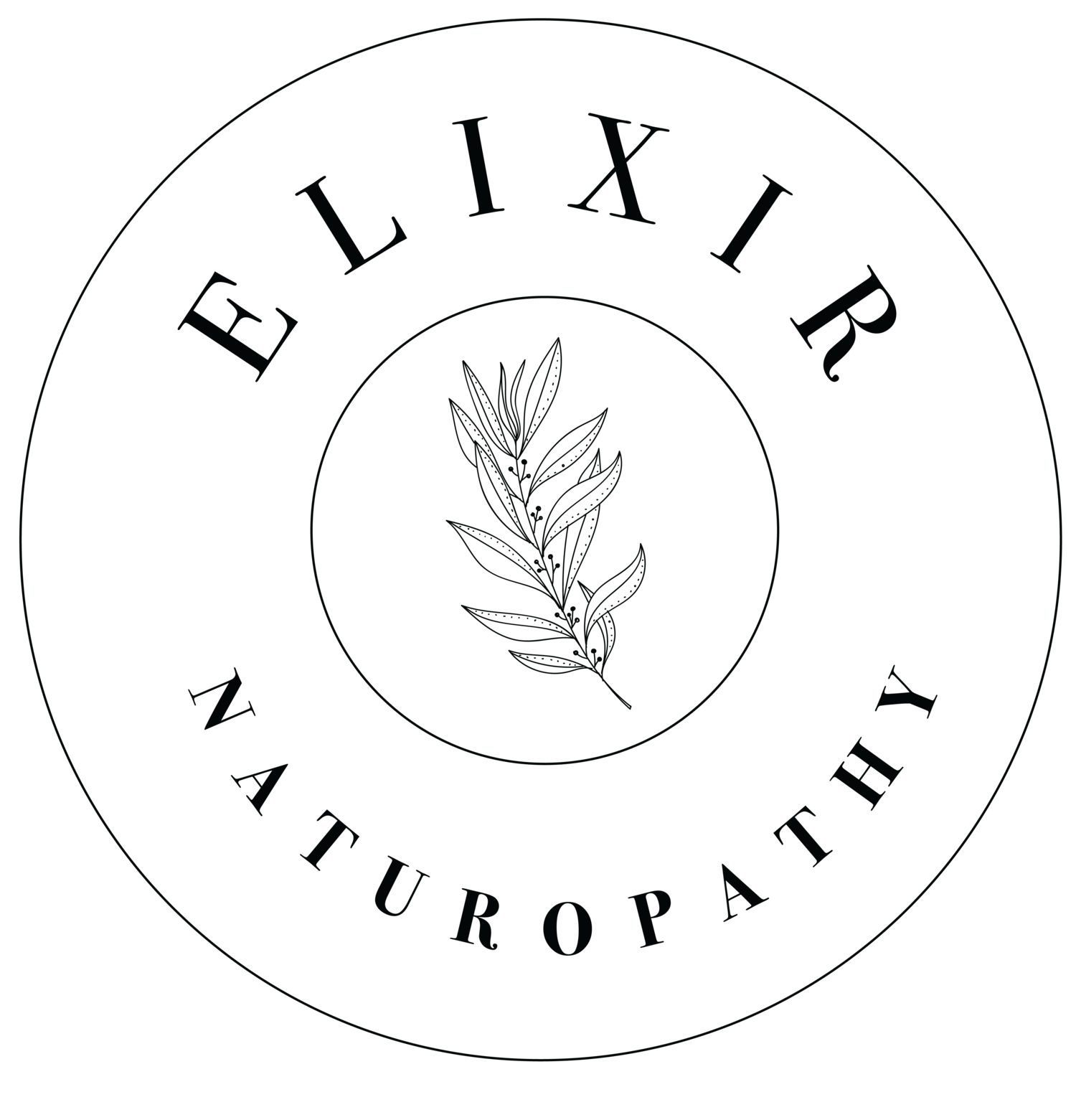The Top Herbs for Supporting Hashimoto's Disease
It's no secret that the side effects of living with Hashimoto's disease can be draining in every sense of the word. That's why as a qualified naturopath, I like to draw on the addition of herbal medicine to support the body and manage the many symptoms of this disease. There is research to support the therapeutic use of medicinal herbs alongside conventional treatment options, and this research is ever-growing.
The top herbs for supporting Hashimoto's disease aren't the kind of herbs you'll find in your spice drawer; you'll have to work one on one with a qualified herbalist or naturopath to get the correct therapeutic dose and ensure no contraindications exist. But let’s start by having a look at some of my favourite herbal options for Hashimoto's disease management.
1. Nigella Sativa (Black Cumin)
Nigella, often known as black cumin, is an ancient medicinal herb with powerful capabilities to support the challenging side effects of this autoimmune disease. Studies have found that Nigella's therapeutic actions include antioxidant, anti-inflammatory and immunomodulatory properties needed to address complex conditions like Hashimoto's. After noticing positive results in other autoimmune diseases, researchers conducted a trial on 40 patients between 22 and 50 years old to observe changes over eight weeks. Those who received treatment with Nigella noticed significantly reduced body weight and body mass index (BMI), alongside reduced TSH and increased serum T3 concentrations. Nigella also acts as an antiviral which can make it a useful addition in treating persistent infections which can drive autoimmune disease.
These are just some of the therapeutic uses for Nigella. And as research continues in the field of herbal medicine, we will see more come to light on this incredible herbal medicine.
2. Withania Somnifera (Ashwagandha)
You might have heard of Withania in the health and wellness space before. It's the botanical name for ashwagandha, the adaptogen adored for its role in supporting the body back to health, especially for those depleted by stress, anxiety, and other concerns. Adaptogens make up an exceptional group of therapeutic herbs that allow the body to adapt to stressors, as the individual needs.
Studies have shown that not only does the use of Withania help to improve symptoms of low energy and fatigue, but a 2018 clinical trial showed that it also reduces serum Thyroid Stimulating Hormone (TSH) and improves T4 & T3 levels. This is how it supports thyroid hormone production in people with suboptimal levels, and why Withania is a herb I use often with thyroid clients.
3. Hemidesmus Indicus (Indian Sarsparilla)
As Hashimoto's disease is an autoimmune condition, it's essential to look to herbs and nutrients that support immune modulation. Hemidesmus can be used therapeutically to reduce the immune antibodies that are involved in attacking and causing damage to the thyroid. This herb works as an immuno-modulator, allowing the immune system to balance itself naturally. By reducing the number of antibodies being produced, Hemidesmus can help to slow the progression and destruction of the thyroid gland, while helping to reduce symptoms of autoimmunity like brain fog, fatigue and joint pain.
4. Bacopa monnieri (Brahmi)
Bacopa is a herb I like to use often in clinical practice and not just for thyroid clients. This herbal medicine has been used for centuries in Indian Ayuvedic medicine for promoting longevity and healthy cognition, making it an ideal option in Hashimoto’s to reduce brain fog and improve cognitive performance. One study found that while some herbs had the potential to reduce circulating thyroid hormone levels, Bacopa increased the production of FT4 by 41%.
Given that some of these herbs have a positive effect on improving thyroid hormone parameters, they do have the potential to have an additive effect in those on thyroid hormone replacement which can lead to hyperthyroidism. Therefore, it is important that these herbs not be self-prescribed. But instead used under the guidance of a qualified naturopath or herbalist as part of your health care team with regular thyroid hormone monitoring to ensure safety.
If you are interested in exploring how herbal medicine may support you on your journey, head here to book a free 15-minute consultation.

